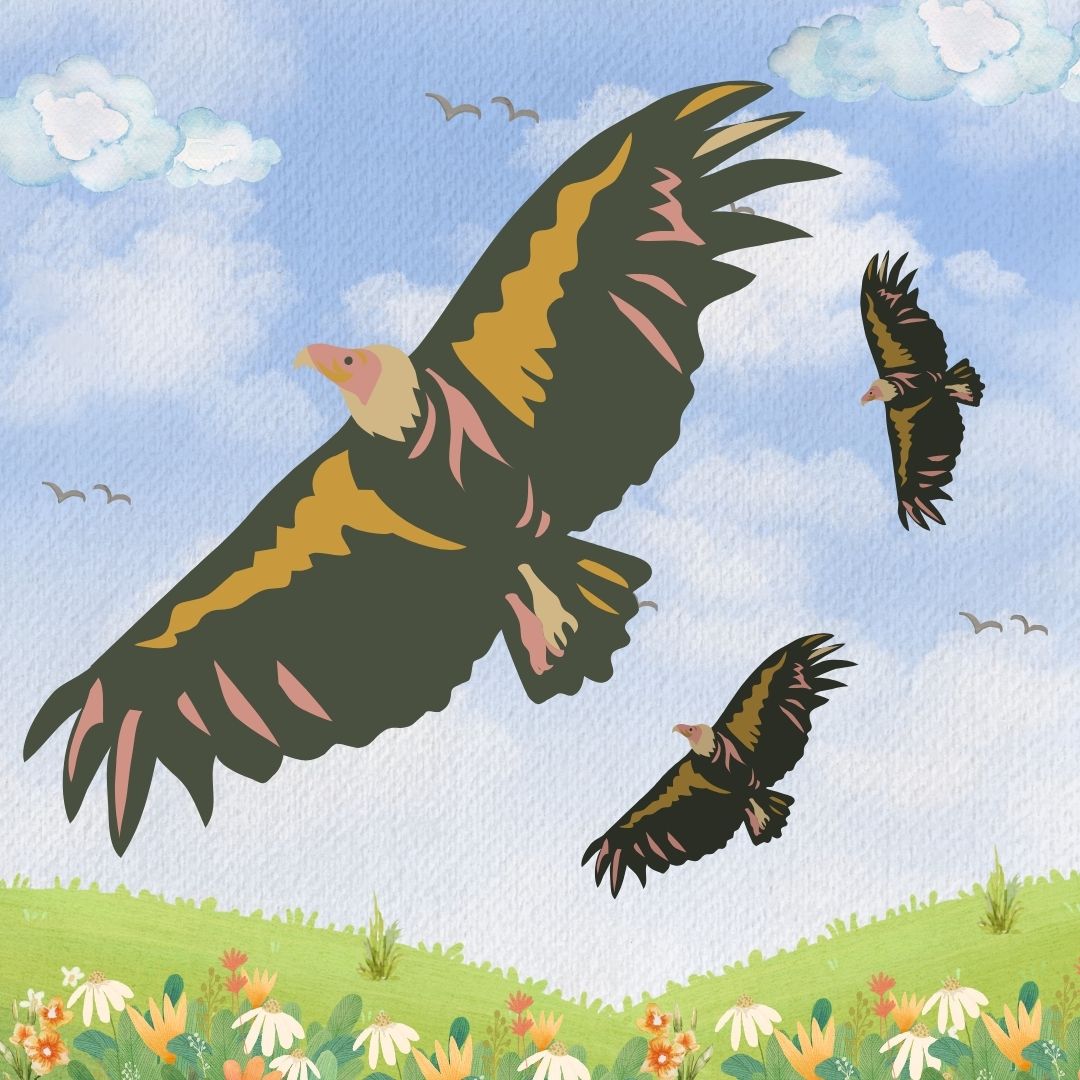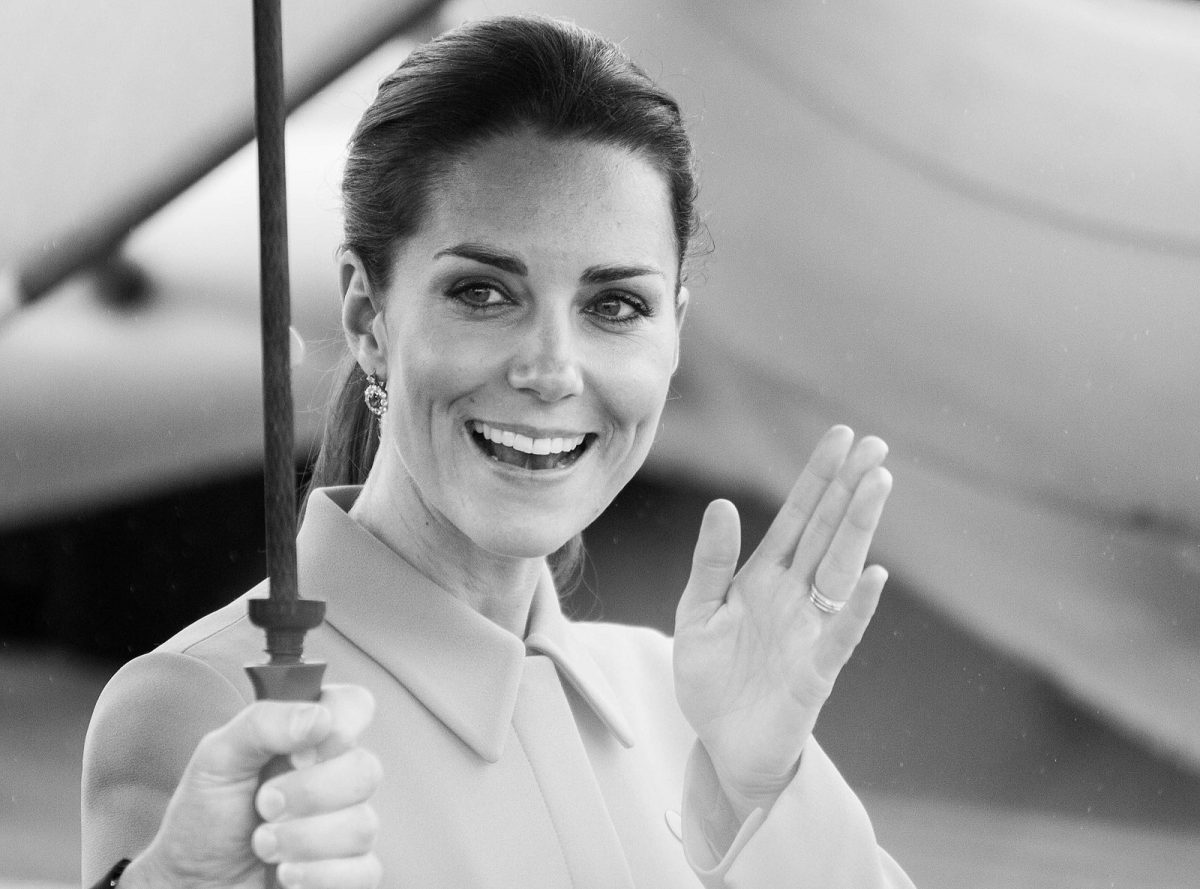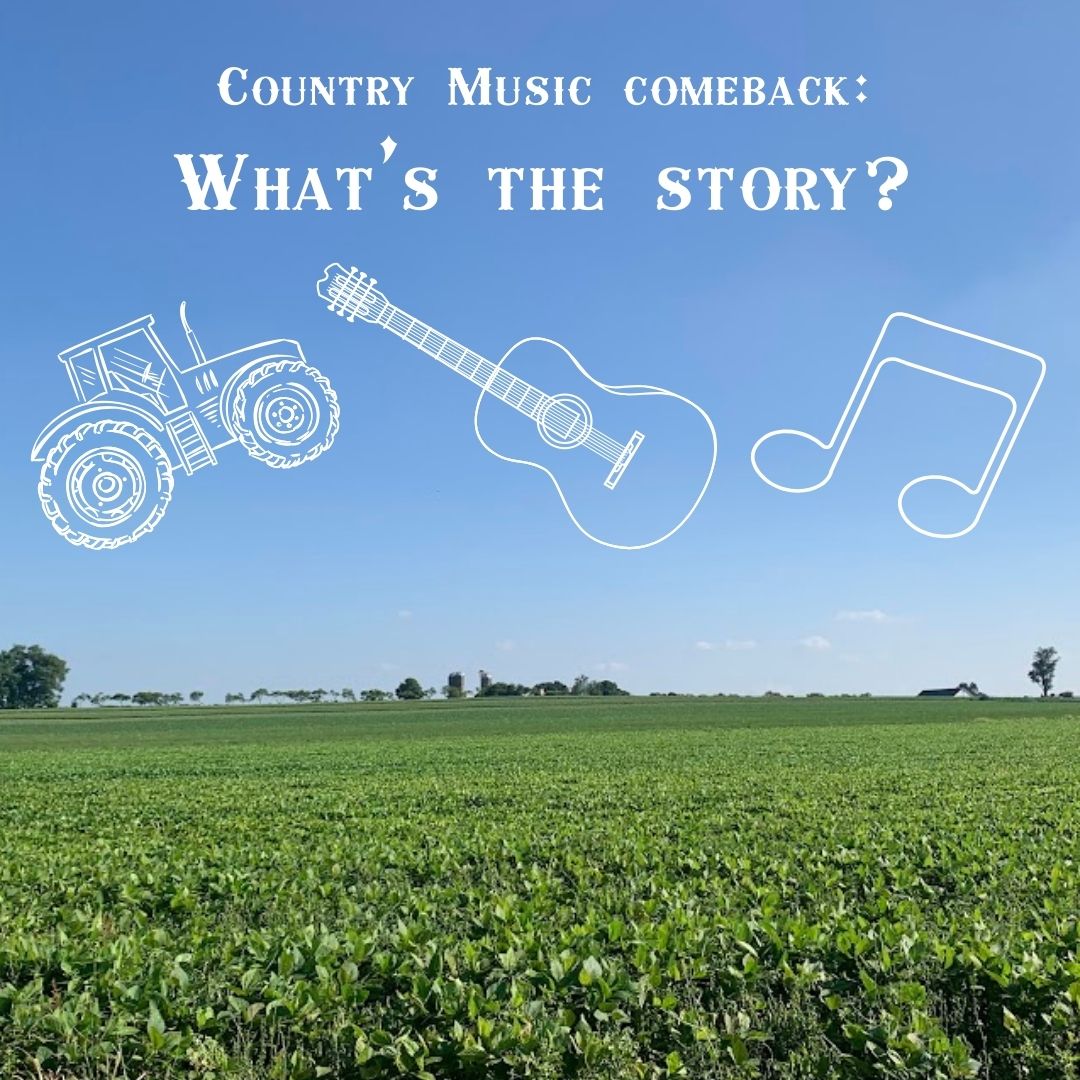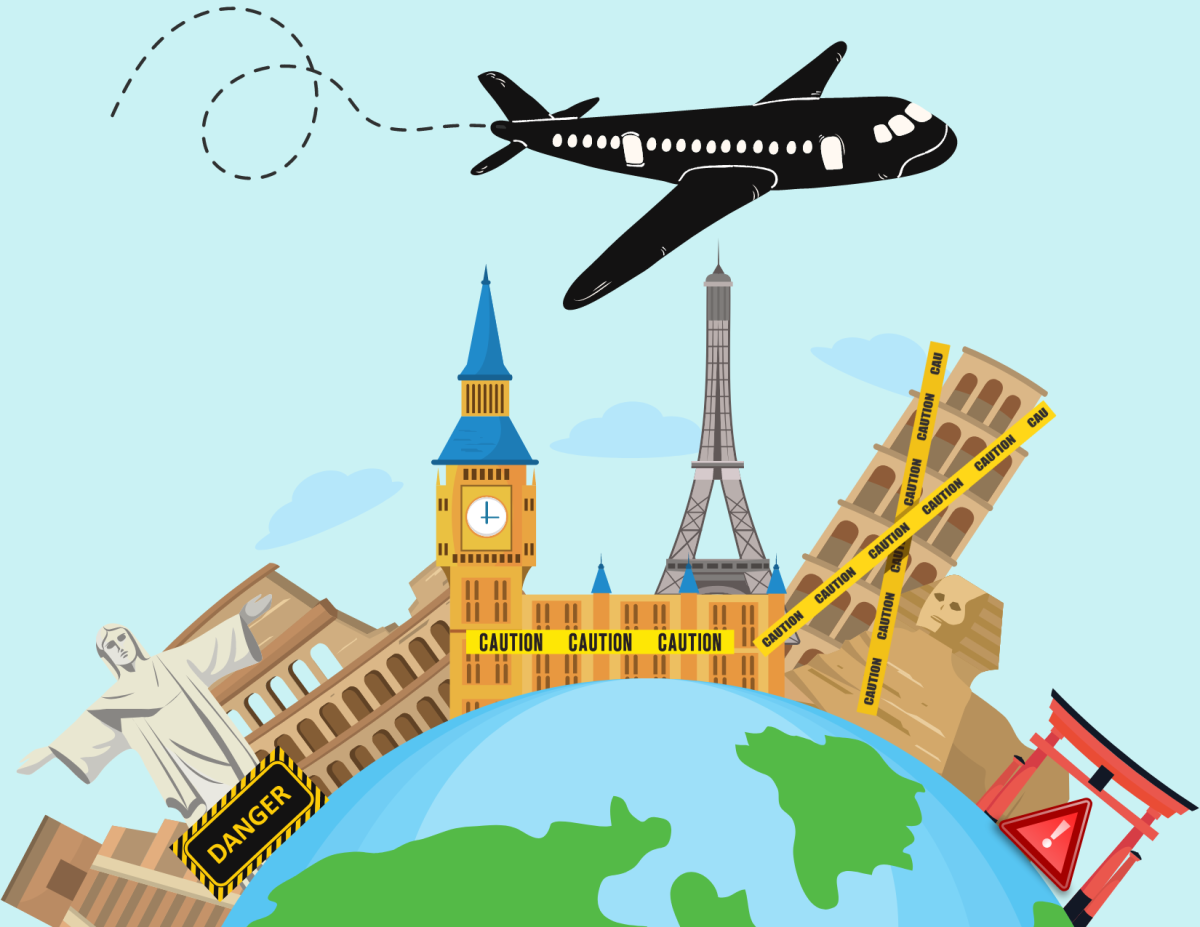
Driving down a road on a quiet, brisk morning usually goes uninterrupted – except when there’s a blockade of dark-brown and black feathers. In a circle around the main centerpiece, a dead deer, a wake of turkey vultures sit hunched over the carcass. Forcing the journey to come to a halt, most people would be unimpressed, if not irritated, with the sight. It’s no secret that turkey vultures are not the most glamorous animals to look at; their bright-red, featherless head poking into dead animals and hunchback pose earns them a reputation of being the ugly and filthy bird to their raptor relatives. However, despite their misunderstood reputation, turkey vultures are imperative to preserving biodiversity and human welfare, and it is essential to protect them.
Turkey vultures’ ecological role is crucial to the survival of ecosystems and the environment. As scavengers, these birds, often referred to as the “Clean Up Crew,” feed on carrion left behind by other predators. While their cuisine of choice may seem disgusting to people, vultures remove decaying animal carcasses from areas, “reducing the risk of harmful bacteria and diseases from spreading.” Without vultures, the roadkill left on the side of major and neighborhood roads would pose a health risk to humans.
Vultures not only contribute to the health of an ecosystem by neutralizing pathogens but also by reducing greenhouse gases. Greenhouse gases are released into the atmosphere from decaying organic matter, such as animal carcasses. A surplus of these gases can contribute to climate change and global warming, a growing concern in today’s society. A study published in the Scientific American found that vultures were able to use their acute sense of smell to locate carcasses and consume them before excessive greenhouse gases are released. Every year, vultures in the Americas “keep about 12 million metric tons of CO2 equivalent out of the atmosphere.” Instead of criticizing these birds for their looks or diet, people need to recognize how impressive their contribution to the health of ecosystems and the planet is and appreciate them.
The distinctive adaptations of turkey vultures make them superb in their niche, and their evolutionary history demonstrates their importance to ecosystems. Unlike most birds, turkey vultures have an enlarged olfactory lobe in their brains, giving them an excellent sense of smell that aids them in their search of carrion. Consequently, feeding on carrion exposes vultures to various disease-carrying pathogens. The turkey vulture’s stomach has an extremely acidic pH which can neutralize these threats. Their ability to tolerate and remove pathogens from the environment protects the health of their ecosystems and the animals within it. Their bald, red heads, while not exactly the most attractive, allow them to poke their heads into a carcass and still maintain a level of sanitation.
Instead of criticizing these birds for their looks or diet, people need to recognize how impressive their contribution to the health of ecosystems and the planet is and appreciate them.
Unbeknownst to most, vultures in the Eastern and Western Hemispheres are not related – at least not evolutionarily. They are a textbook definition of convergent evolution, where two species develop similar traits due to fulfilling the same role in their ecosystem. Turkey vultures, a native North American species, are a part of the raptor family along with eagles and hawks. The sheer fact that two distinctive species both evolved over time to have similar habits (carrion feeding and defense strategies) and traits (featherless head) demonstrates their ecological importance; they are crucial to the health of the ecosystem they are a part of. With looks and contributions like these, the turkey vulture is a prime example of not judging a book by its cover. These awkward-looking birds are ultimately humanity’s friend when it comes to maintaining the well-being of ecosystems.
Despite numerous negative interactions with humans, turkey vultures continue to positively impact society and need to be appreciated and protected for doing so. Along with many other types of wildlife, the rampant “use of the pesticide DDT in the 1950s and 1960s in North America” devastated vulture populations. Despite DDT later being banned, the lasting impacts of its widespread use continue to harm the ecosystems.
The poor treatment given to vultures is not just a United States problem; vultures face a number of issues around the world. Persecution, misinformation, and both accidental and intentional poisoning are leading causes of vulture deaths. In an attempt to save this species, Mattie Libre, a veteran vulture rehabilitator, has seen firsthand how human interaction, in most cases, leads to death or extreme injuries. Most of the vultures she takes in are euthanized due to broken wings from car crashes or other accidents. This concerning correlation of human interaction and vulture deaths could pose a threat to the health of the very ecosystems people rely on.
Action must be taken to ensure the safety of turkey vulture populations – they simply do too much for the environment and human society to be ignored. Legislation fining people who hit vultures in car accidents or who expose them to poisons is just the first step. Vultures need to be appreciated by people everywhere. The Peregrine Fund, an organization set on conversing birds of prey throughout the world, has created the International Vulture Awareness Day in September where they welcome visitors to their center and introduce people of all ages to the ecological importance of vultures. Instead of portraying vultures as malicious creatures, we must remember that they are our bald-headed friends, protecting us from diseases and excess carbon emissions.














